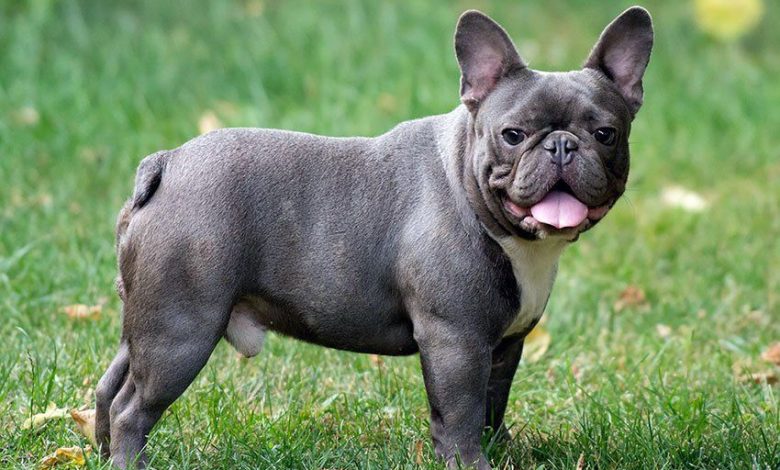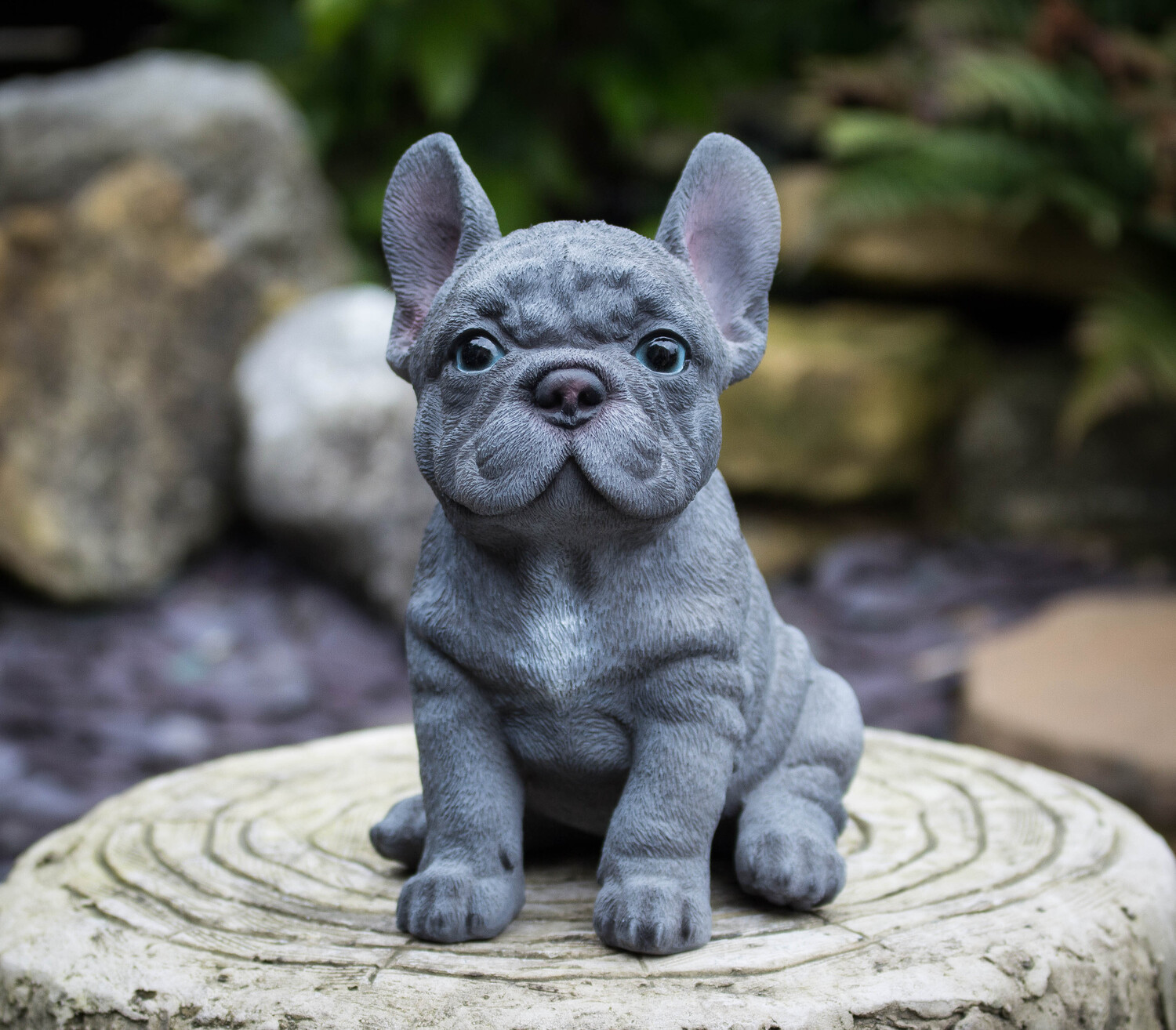blue french bulldog | everything you need to know

Blue French Bulldogs is a majestic dog with a subdued color scheme and a loving disposition. These dogs are an ideal companion for the person who enjoys the outdoors, has little time to walk a dog, and loves companionship.
But do they have the intelligence and attention to detail to be the perfect pet for the average home owner?
you may like : Can dogs eat fish bones
This is a question that dog lovers everywhere ask.
The answer, surprisingly, is “Yes.” There are several characteristics common to blue frenchie puppies that make them excellent choices for any person who wants a small dog that needs a little mental stimulation and attention. These small dogs need their human companionship to help them reach their full potential and have fun outside of the safe confines of your house. As blue Frenchies mature and enter their teen years, they may require more vigorous exercise to stay healthy.
When choosing a breeder to purchase a blue French bulldog puppy, you will want to make sure you are dealing with legitimate breeders and not puppy mills. Puppy mills are places that sell puppies for profit and may even possess ill-bred dogs. They may also offer puppies for sale at prices way below what they would in reputable pet stores or show fairs. It is important to find a breeder who specializes in French Bulldogs so you get only healthy dogs. Breeders who work with a smaller community or often travel are likely to have more experience and therefore will be able to provide you with only the best blue french bulldog puppies possible.

The genetic differences
One of the most common physical differences between a blue French bulldog puppy and a regular bulldog is the occurrence of alopecia. This is a skin condition that causes the hair on the dog’s body to be replaced by itchy patches of skin. Alopecia in blue Frenchie can be caused by a variety of different genetic and environmental factors, but the most common cause is the presence of a tumor on the pituitary gland of the dog.
The presence of this gland triggers the release of an enzyme called renin which stimulates the production of the natural hair growth hormone corticosteroid in the dog. Corticosteroids help the dog shed it’s hair and develop new fur but can’t stop the hair from growing back once it has fallen out. So in some dogs, there is an abundance of the hormone renin but not enough of the growth hormone to counteract the effects of the alopecia. These blue french bulldogs are usually born with this sort of abnormality and do not form their full coats until later in life when they are in their late teens or early twenties.
The color of the Frenchies
The color of the Frenchies originally started out being black, but it was changed due to the introduction of the American Bulldog in the 1920s. There are also other colors that have cropped up including platinum blond, fawn, blue, chestnut and even black and tan. The blue variety has been around longer and has always been one of the most popular of these dog breeds. Because the original color was considered too dark and mottled, the Frenchies were altered so that they could be more easily bred. Now these dogs come in all colors, but the blue French Bulldogs are still the most popular.
you may like : Can dogs eat beans
health issues
There are a number of health issues that can affect these dogs and one of them is a very bad disease called Bloat. Blue French Bulldogs will often suffer from this disorder in which the stomach of the dog becomes totally empty and the contents begin to leak out into the abdominal cavity. If the dog is not immediately resuscitated after this, death can occur. The symptoms of this disorder are extremely severe and include seizures, difficulty breathing, fever and large amounts of blood in the urine.
Fortunately, for the blue french bulldog and his owners, this is usually a relatively rare occurrence. It tends to occur when there is an over breeding of these dogs. This occurs when one dog has a dilute gene and is more susceptible to genetic faults then other dogs that are not from the same breed as the dilute geneed puppy. The dilute gene is a homomembrane gene and can affect dogs of any breed. However, the Frenchies seem to be more prone to this than any other dog breed mixes. So if you are considering getting one of these dogs, be sure to check with your veterinarian to see if they are at risk and if so what steps should be taken to avoid this condition.

Conclusion:
When searching for a French Bulldog dog breeder, make sure to ask questions concerning every one of his/her puppies’ case histories, reproducing records, as well as any type of previous health issue the breeder could have. Knowing the wellness background of a French Bulldog can aid make sure that the dog you acquire is healthy and free from health issue. The most effective way to discover a trusted breeder is to ask around. Ask your vet, your close friends, and fellow pet enthusiasts what type of breeder they could advise. Even if you do not such as the answers that you get, at the very least you’ll obtain some background details that you can use to make an enlightened decision regarding selecting a dog breeder to purchase your blue French Bulldog pup.




